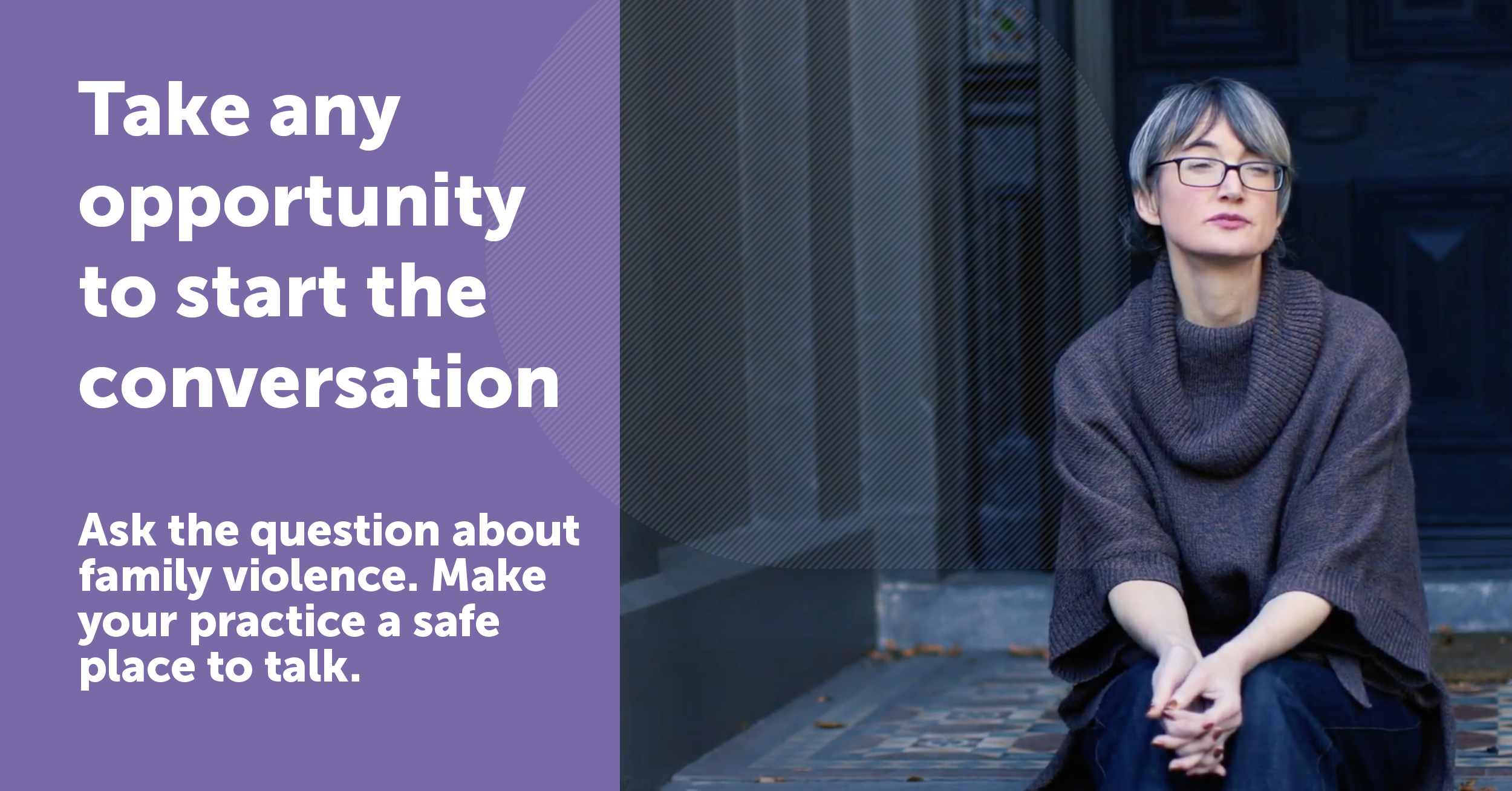
North Western Melbourne Primary Health Network’s 2022 Family Violence Communities of Practice sessions looked at how to recognise and respond to patients who use intimate family violence.
The multi-disciplinary sessions held in May 2022 drew together professionals from general practice, mental health organisations, alcohol and other drug experts, hospitals, local councils, community health and counselling services to work with experts in the field of family violence response.
Facilitators
- Matt Addison: Research Advisor, Department of General Practice, University of Melbourne & Senior MARAM Program Development and Training Officer, Department of Justice and Community Safety
- Hai Nguyen: Senior Clinician Men’s Family Violence Services at Melton Western Health, Registered Psychologist
- Michelle Perry: Family Violence Practice Manager, Magistrate Court Victoria
The purpose of establishing Family Violence Communities of Practice is to bring together professionals from different sectors to build the capacity of primary health care providers to improve their first line and safety assessment responses, and pathways to safety. This increases their capacity to identify, respond and refer victims and perpetrators of family violence. A secondary objective is to achieve better integration of primary care services with the broader community and social care services sector.
Guided by the facilitators and an expert panel, the attendees discussed how to identify and respond to patients who use intimate partner violence. Participants also went into break-out rooms to examine a multi-faceted case study and examine the interlinked roles of multi-disciplinary services and networks.
Panel
- Kaye Frankcom, Clinical and Counselling Psychologist, MAPS
- Zanetta Hartley, Specialist Family Violence Advisor at North Western Mental Health
- Jac Dwyer, Family Violence Practice and Development Officer, Berry Street
- Denise McAloon, Services Team Leader at No to Violence (NTV), Men’s Referral Service
- Dani Gold, Specialist Family Violence Advisor, RCH Family Violence Initiative at Royal Children’s Hospital
- Dave Kwame Arthur, Senior Clinician from Odyssey House Victoria and AOD system representative
Participants discussed barriers to the management of people who use intimate family violence. These included lack of knowledge of referral options, fear of escalating the situation, fear of colluding with the ‘picture’ a patient is painting, unconscious bias, time constraints and confusion about where to get advice or assistance.
They also explored ways in which primary practice can be enabled to support people experiencing family violence. These included ways to keep connected with the patient, knowledge of direct and indirect questions, and the skills needed to make a short safety plan, or a risk assessment for patient and partner using local referral pathways.
Feedback
Feedback from all 39 participants was positive and enthusiastic. When asked whether they would recommend a session like this for a colleague 100% responded yes. 50% said they were very satisfied with the event, and 44% somewhat satisfied.
We asked participants if they intended to make a change to their practice as result of attending the session, 61% answered yes.
“I was encouraged about the breadth of the perspective of the presenter,” said one participant. “It was good to hear his views that did not just repeat commonly heard rhetoric about family violence.”
Another observed: “[It was an] excellent acknowledgement that frameworks are often limited to cisgender, heterosexual relationships.”
Missed the events?
For an insight into how NWMPHN’s family violence response training fits into primary care settings, see this video, recorded at IPC Health Deer Park:
More information about our family violence work is available on our website.




